- Teacher: Todd Lochner
Lewis & Clark Moodle
Search results: 3449
- Teacher: Todd Lochner

- Teacher: Todd Lochner
- Teacher: John Holzwarth
various concepts of executive power throughout the
19th and 20th centuries. The dynamics of the
presidency and the extent to which one person can
be held responsible for expanded responsibilities.
The organizational models and practices of
20th-century presidents. Other branches of
government examined to illuminate the functioning
and malfunctioning of the executive branch.
- Teacher: Ben Gaskins
- Teacher: Ben Gaskins
- Teacher: Ben Gaskins
- Teacher: Ben Gaskins
- Teacher: Ben Gaskins
- Teacher: Ben Gaskins
- Teacher: Ben Gaskins
system. The equal protection concept of voting
rights, particularly the "one person, one vote"
rule and the Voting Rights Act, and federal
campaign-finance regulation. Additional topics
include the constitutional rights of political
parties and the law relating to ballot
propositions. Discussion of descriptive and
normative issues. This course is taught at the law
school.
- Teacher: Todd Lochner

- Teacher: Todd Lochner
in comparative politics. Specific content varies;
examples of topics include state failure and civil
war, electoral competition and legislative
behavior, migration and integration, institutional
design, and ethnicity and nationalism. Assignments
are organized around a substantial seminar paper
(25 pages or longer).
- Teacher: Ben Gaskins
- Teacher: Ben Gaskins
This is a site for training materials and information for those working at Lewis & Clark Problem Gambling Services.
- Teacher: Alexia Deleon
- Teacher: Frankie Diferdinando
change, physiological processes that mediate
psychological functioning, processes of human
perception and cognition, approaches to
understanding functional and dysfunctional
personality characteristics of individuals,
counseling and psychotherapy techniques,
application of psychological principles to social
phenomena.
- Teacher: Huda Basharow
- Teacher: Kayla Puente
- Teacher: Jolina Ruckert
change, physiological processes that mediate
psychological functioning, processes of human
perception and cognition, approaches to
understanding functional and dysfunctional
personality characteristics of individuals,
counseling and psychotherapy techniques,
application of psychological principles to social
phenomena.
- Teacher: Huda Basharow
- Teacher: Kayla Puente
Principles underlying behavioral development and
change, physiological processes that mediate
psychological functioning, processes of human
perception and cognition, approaches to
understanding functional and dysfunctional
personality characteristics of individuals,
counseling and psychotherapy techniques,
application of psychological principles to social
phenomena.
- Teacher: Huda Basharow
- Teacher: Kayla Puente
Principles underlying behavioral development and, change, physiological processes that mediate, psychological functioning, processes of human, perception and cognition, approaches to, understanding functional and dysfunctional, personality characteristics of individuals,, counseling and psychotherapy techniques,, application of psychological principles to social, phenomena.
- Teacher: Sarina Saturn
- Teacher: Rachel Takamiya
Principles underlying behavioral development and, change, physiological processes that mediate, psychological functioning, processes of human, perception and cognition, approaches to, understanding functional and dysfunctional, personality characteristics of individuals,, counseling and psychotherapy techniques,, application of psychological principles to social, phenomena.
- Teacher: Kayla Puente
- Teacher: Elena Perrine
- Teacher: Jolina Ruckert
- Teacher: Kayla Puente

- Teacher: Ty Cudd
- Teacher: Ela Gore
- Teacher: Jolina Ruckert
behavior through the lens of film. How cultural
forces and transitions shape worldview, individual
identity and personality, child development,
family structure and dynamics, personal
relationships, social perception, other aspects of
behavior relevant to psychology. Variety of
cultures and cultural influences, theories and
methods in cultural psychology, ways in which
culture shapes film and film reflects and shapes
culture. Does not apply to major requirements.
- Teacher: Yueping Zhang
- Teacher: Todd Watson
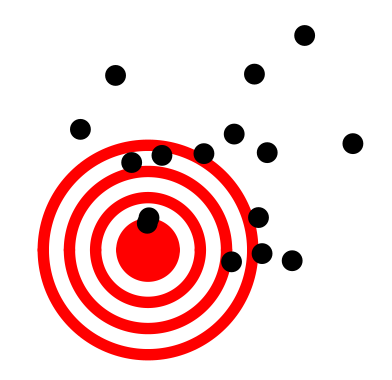
- Teacher: Jesse Niebaum
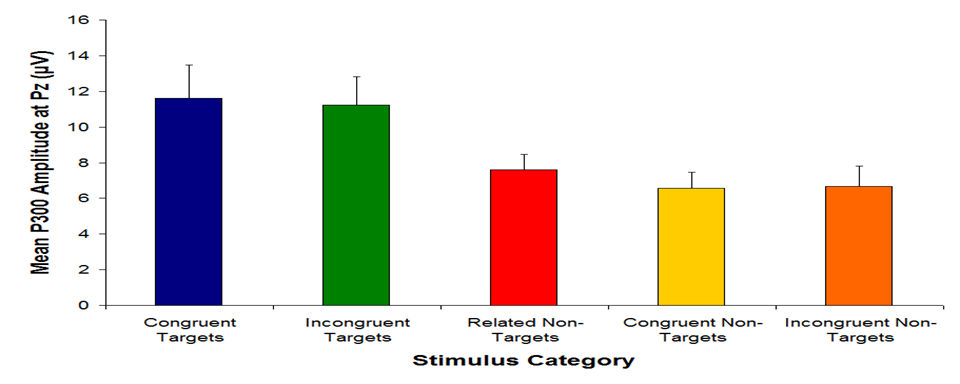
Important Note: You can’t earn credit for BOTH Psy 200 and AP/IB statistics.
- Teacher: Todd Watson
experiments. Use of distributions, measures of
central tendency, variability, correlation,
t-tests, simple analysis of variance and
nonparametric techniques. Computer applications
using SPSS statistical analysis programs and other
software.
- Teacher: Lauren Thompson
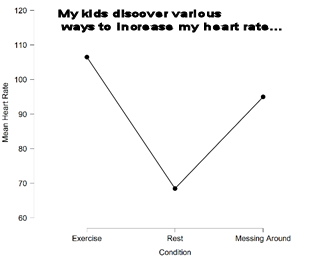
- Teacher: Todd Watson
- Teacher: Todd Watson
- Teacher: Todd Watson

Credit may not be earned for both, this course and AP statistics.
- Teacher: Todd Watson

You can't earn credit for both Psy 200 and AP/IB Statistics
- Teacher: Todd Watson

- Teacher: Todd Watson
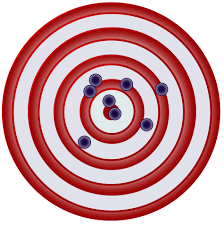
- Teacher: Jesse Niebaum
and problem solving. Selective perception, memory,
contextual effects on decision making, paradoxes
in rationality, biases created from
problem-solving heuristics, probability and risk
assessment, perception of randomness, attribution
of causality, group judgments and decisions.
- Teacher: Erik Nilsen
- Teacher: Erik Nilsen
- Teacher: Erik Nilsen
- Teacher: Erik Nilsen
- Teacher: Erik Nilsen
- Teacher: Erik Nilsen
- Teacher: Erik Nilsen
and problem solving. Selective perception, memory,
contextual effects on decision making, paradoxes
in rationality, biases created from
problem-solving heuristics, probability and risk
assessment, perception of randomness, attribution
of causality, group judgments and decisions.
- Teacher: Erik Nilsen
perception, cognition, language, personality,
social behavior. How psychological processes
evolve and change. Emphasis on infancy and
childhood.
- Teacher: Clara Christensen
- Teacher: Madison Chun
- Teacher: Irene Hilman
- Teacher: Jolina Ruckert
perception, cognition, language, personality,
social behavior. How psychological processes
evolve and change. Emphasis on infancy and
childhood.
- Teacher: Madison Chun
- Teacher: Jolina Ruckert
- Teacher: Nora Cesareo-Dense
- Teacher: Keagan Polentz
- Teacher: Jolina Ruckert
- Teacher: Bria Whitten
- Teacher: Mai Alexander
- Teacher: Inara Cutler
- Teacher: Jolina Ruckert
- Teacher: Verity Prentice
- Teacher: Jolina Ruckert
perception, cognition, language, personality,
social behavior. How psychological processes
evolve and change. Emphasis on infancy and
childhood.
- Teacher: Irene Hilman
- Teacher: Jolina Ruckert
- Teacher: Bria Whitten
perception, cognition, language, personality,
social behavior. How psychological processes
evolve and change. Emphasis on infancy and
childhood.
- Teacher: Jennifer Labounty
- Teacher: Ella Stephan
perception, cognition, language, personality,
social behavior. How psychological processes
evolve and change. Emphasis on infancy and
childhood.
- Teacher: Irene Hilman
- Teacher: Jolina Ruckert
- Teacher: Bria Whitten
description of abnormal behaviors; societal
reactions to abnormal behavior; theory and
research on causes, treatments, and prevention of
pathology; major psychopathologies including
physical symptoms and stress reactions; anxiety,
somatoform, and dissociative disorders; sexual
dysfunctions; addictions; sociopathy and other
personality disorders; schizophrenia; mood
disorders.
- Teacher: Christopher Collins
- Teacher: Diana Leonard
- Teacher: Cameryn Nagaji
- Teacher: Erik Nilsen
- Teacher: Lisa Velkoff
Issues in defining abnormality; classification and
description of abnormal behaviors; societal
reactions to abnormal behavior; theory and
research on causes, treatments, and prevention of
pathology; major psychopathologies including
physical symptoms and stress reactions; anxiety,
somatoform, and dissociative disorders; sexual
dysfunctions; addictions; sociopathy and other
personality disorders; schizophrenia; mood
disorders.
- Teacher: Lisa Velkoff

- Teacher: Kate Schoeneman
the ways individuals perceive, influence, and
relate to others. Person perception, the self,
prejudice and stereotyping, social identity,
attitudes and attitude change, conformity,
interpersonal attraction, altruism, aggression,
group processes, intergroup conflict.
- Teacher: Diana Leonard
- Teacher: Cameryn Nagaji
the ways individuals perceive, influence, and
relate to others. Person perception, the self,
prejudice and stereotyping, social identity,
attitudes and attitude change, conformity,
interpersonal attraction, altruism, aggression,
group processes, intergroup conflict.
- Teacher: Diana Leonard
- Teacher: Fardosa Yusuf
- Teacher: Diana Leonard
- Teacher: Diana Leonard
- Teacher: Diana Leonard
- Teacher: Autumn Loporto
- Teacher: Diana Leonard
- Teacher: Megha Viswanathan
- Teacher: Diana Leonard
- Teacher: Diana Leonard
relate to others. Person perception, the self,
prejudice and stereotyping, social identity,
attitudes and attitude change, conformity,
interpersonal attraction, altruism, aggression,
group processes, intergroup conflict.
- Teacher: Julia Heidtke
- Teacher: Diana Leonard
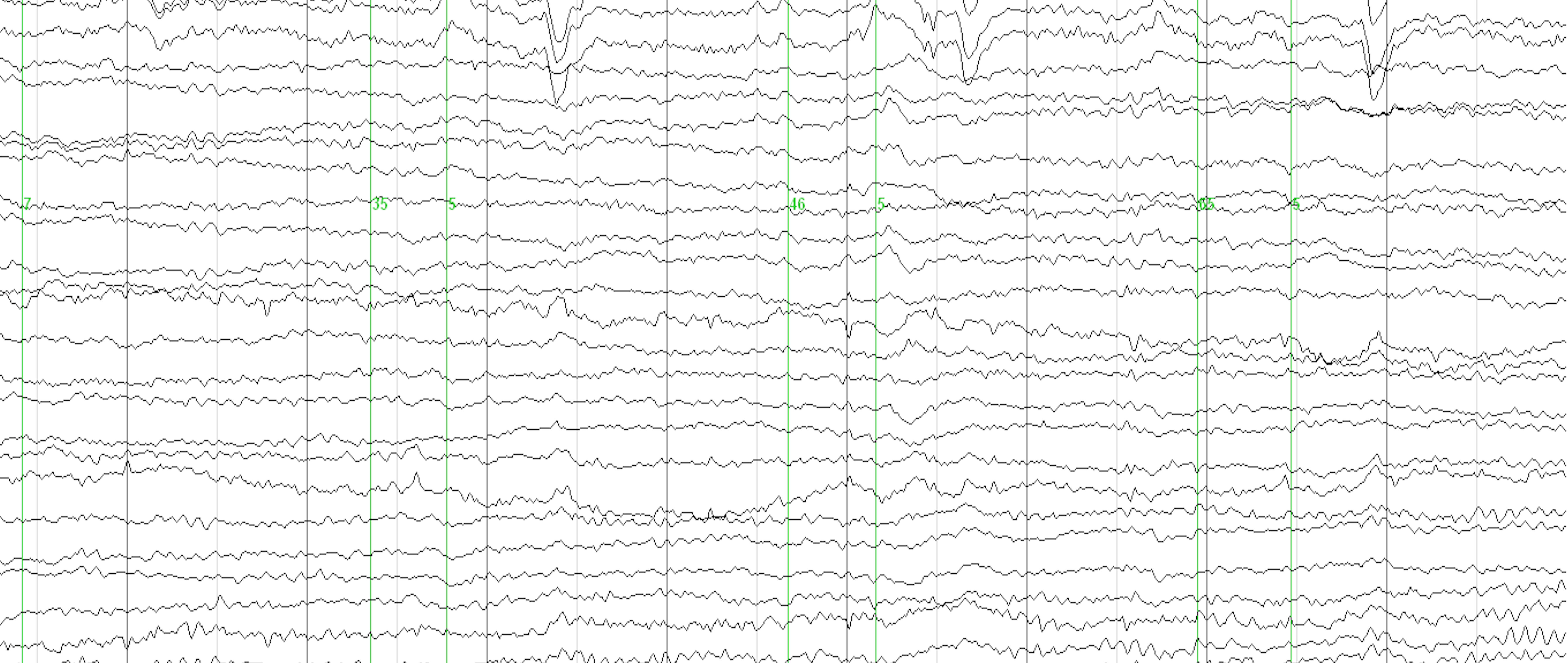
Basic properties of neurons, neurotransmitters,
and the basic anatomy of the nervous system.
Emphasis on the brain's role in such functions as
sensation, emotion, language, learning and
memory, sexual behavior, sleep, motivation. The
biological bases of abnormal conditions, such as
affective disorders, amnesia, learning disorders.
Students who have received credit for PSY/BIO 252
should not enroll in this course. Not open to
students with previous credit in PSY 350 or PSY
355.
- Teacher: Todd Watson
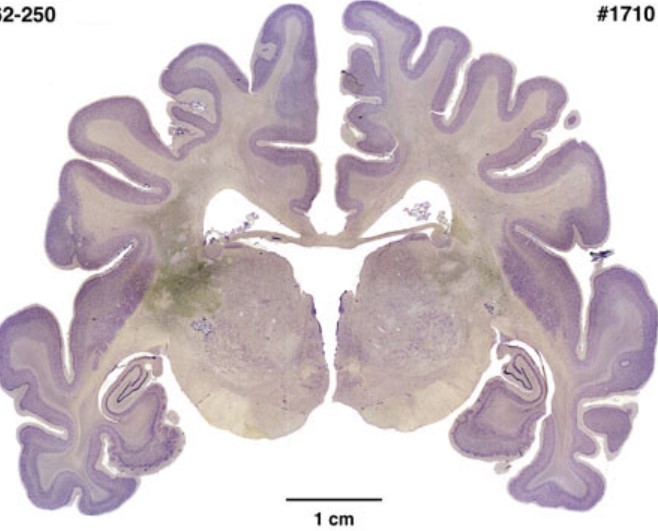
Not open to students with previous credit in PSY 350 or PSY 355.
- Teacher: Todd Watson
We will survey some of the physiological processes that are related to the control of behavior in human and nonhuman species, as well as other biological mechanisms that are relevant to issues in psychology. Specific topics include basic functional neuroanatomy, the structure and function of neurons and neuronal transmission, and the relationship between brain systems and complex behaviors, cognition, and emotions. Neurological, neuropsychological, and psychiatric disorders will also be discussed. In addition to serving as a general survey of the biological aspects of psychology, this course will help prepare students for more advanced study in behavioral and cognitive neuroscience (e.g., Psy 350 and Psy 355).
Students who have received credit for PSY/BIO 252, should not enroll in this course. Not open to, students with previous credit in PSY 350 or PSY 355.
- Teacher: Todd Watson
- Teacher: Todd Watson
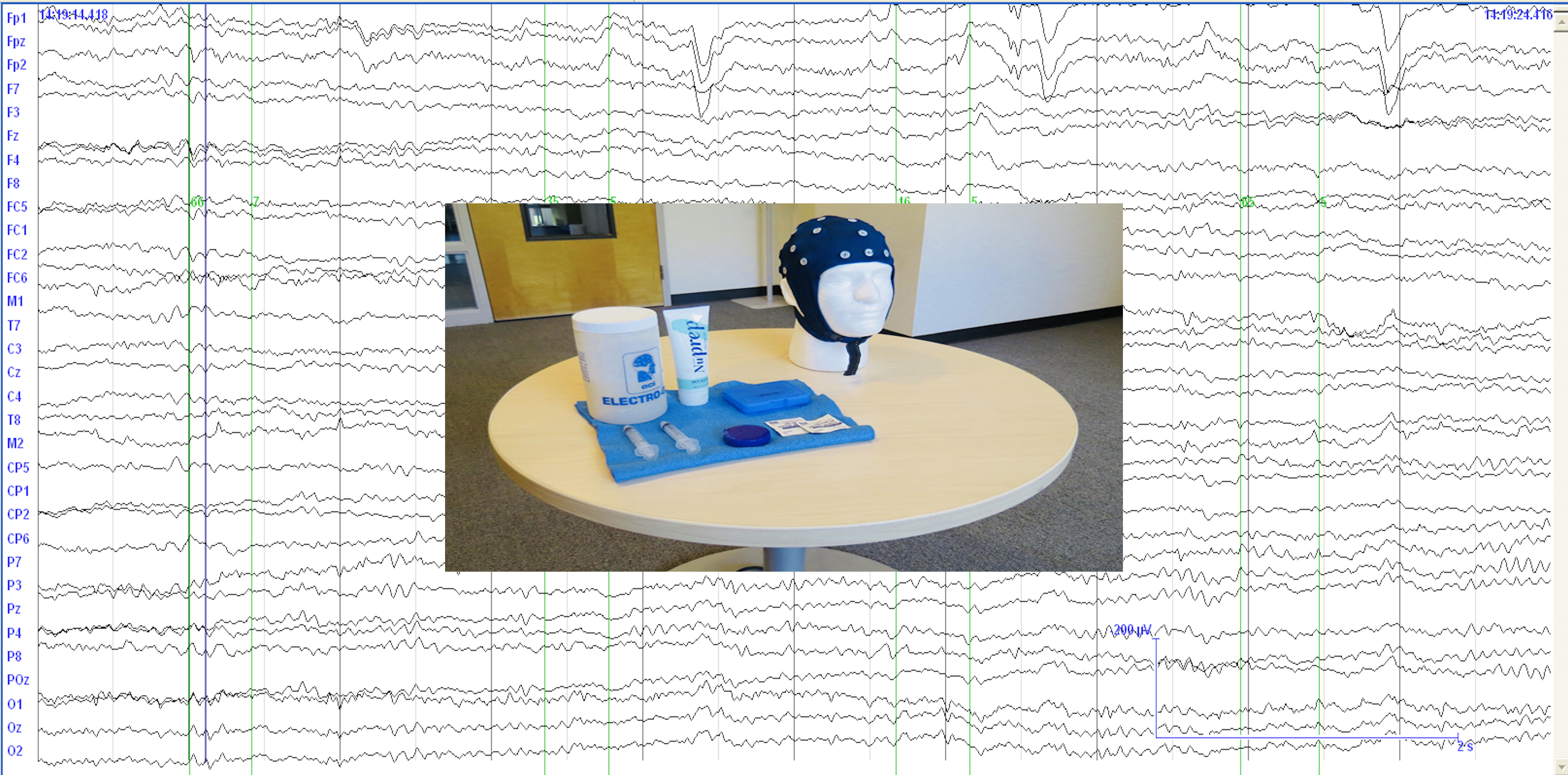
Students who have received credit for PSY/BIO 252, should not enroll in this course. Not open to students with previous credit in PSY 350 or PSY, 355.
- Teacher: Todd Watson
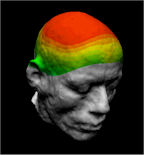
Students who have received credit for PSY/BIO 252, should not enroll in this course. Not open to, students with previous credit in PSY 350 or PSY, 355.
- Teacher: Todd Watson
- Teacher: Sarina Saturn
Note, you cannot receive credit for this course if you have already taken Psy/Bio 252 (Introduction to Neuroscience) or Psy 355 (Cognitive Neuroscience)
- Teacher: Todd Watson

Students who have received credit for PSY/BIO 252, should not enroll in this course. Not open to students with previous credit in PSY 350 or PSY, 355.
- Teacher: Todd Watson
Basic properties of neurons, neurotransmitters,
and the basic anatomy of the nervous system.
Emphasis on the brain's role in such functions as
sensation, learning and memory, sleep, motivation. The
biological bases of abnormal conditions, such as
affective disorders, amnesia, learning disorders.
Students who have received credit for PSY/BIO 252
should not enroll in this course. Not open to
students with previous credit in PSY 350 or PSY
355.
- Teacher: Lauren Thompson
techniques applied to laboratory investigation of
psychological phenomena. Data collected from
laboratory studies analyzed statistically and
reported in technical lab reports. Students are
required to complete an individually written
sophomore thesis and must earn a passing grade on
this assignment in order to pass the course.
- Teacher: Damaris Medina
- Teacher: Alex Nash
- Teacher: Theodore Peterson
- Teacher: Jolina Ruckert
- Teacher: Jennifer Labounty
- Teacher: Alma Mintier-Vegh
- Teacher: Jennifer Labounty
- Teacher: Sara Quiballo
- Teacher: Diana Leonard
- Teacher: Jesse Niebaum
techniques applied to laboratory investigation of
psychological phenomena. Data collected from
laboratory studies analyzed statistically and
reported in technical lab reports. Students are
required to complete an individually written
sophomore thesis and must earn a passing grade on
this assignment in order to pass the course.
- Teacher: Jennifer Labounty
- Teacher: Sara Quiballo
- Teacher: Diana Leonard
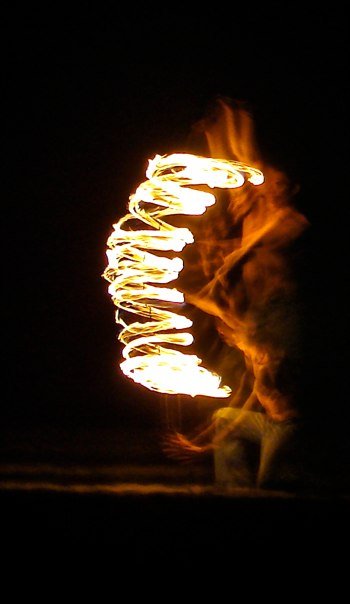
- Teacher: Keagan Polentz
- Teacher: Jolina Ruckert
techniques applied to laboratory investigation of
psychological phenomena. Data collected from
laboratory studies analyzed statistically and
reported in technical lab reports. Students are
required to complete an individually written
sophomore thesis and must earn a passing grade on
this assignment in order to pass the course.
- Teacher: Lauren Thompson
cognition. Discussion of scientific methods used
to investigate cognition. Emphasis on memory,
reasoning, decision making, cognitive science.
Laboratory sections supplement lectures and
readings with computer-based experiments and
demonstrations. Seniors will be given
registration preference during the first round of
registration.
- Teacher: Erik Nilsen
- Teacher: Jesse Niebaum
- Teacher: Erik Nilsen
cognition. Discussion of scientific methods used
to investigate cognition. Emphasis on memory,
reasoning, decision making, cognitive science.
Laboratory sections supplement lectures and
readings with computer-based experiments and
demonstrations. Seniors will be given
registration preference during the first round of
registration.
- Teacher: Erik Nilsen
- Teacher: Diana Leonard
explain social influence with a focus on norm
formation, conformity, and deviance. Emphasis on
the role of social identity, leadership, and group
dynamics. Role of norms and minority influence in
health, business, marketing, political and media
contexts, and the ethical considerations of using
norms to influence others.
- Teacher: Diana Leonard
development in areas including physiology,
emotion, cognition, personality, and social
behavior. How psychological processes evolve and
change with age. Emphasis on adolescence through
late adulthood and death.
- Teacher: Kayla Puente
development in areas including physiology,
emotion, cognition, personality, and social
behavior. How psychological processes evolve and
change with age. Emphasis on adolescence through
late adulthood and death.
- Teacher: Jennifer Labounty
- Teacher: Jennifer Labounty
- Teacher: Kayla Puente
development in areas including physiology,
emotion, cognition, personality, and social
behavior. How psychological processes evolve and
change with age. Emphasis on adolescence through
late adulthood and death.
- Teacher: Kayla Puente
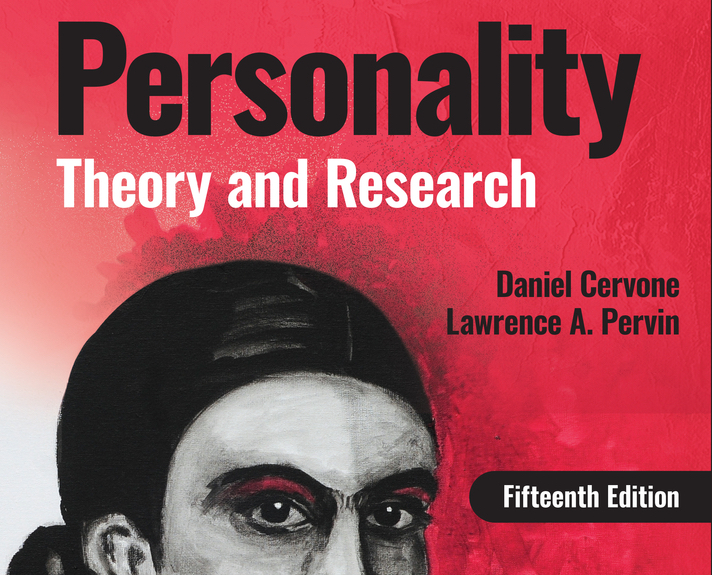
The study of personality is an endeavor to understand the theory and research about human nature, individuality, and important psychological similarities and differences among people. This course will cover issues in defining personality; historical events and perspectives; major theories of personality, including psychoanalytic, humanistic, trait, social learning, existential, cognitive, and other perspectives; and current topics in personality research.
- Teacher: Kate Schoeneman
- Teacher: Jolina Ruckert
- Teacher: Thomas Schoeneman
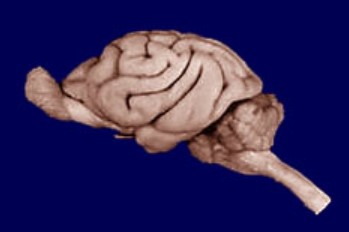
processes and underlying functions of the nervous
system. Biological bases of sensation, perception,
motivation, emotion, learning, memory,
psychopathology. Laboratory sections supplement
lectures and readings with practical experience in
neural anatomy, animal (rat) behavioral testing,
and neuropsychological testing. Seniors will be
given registration preference during the first
round of registration.
- Teacher: Christopher Collins
- Teacher: Diana Leonard
- Teacher: Todd Watson
- Teacher: Yueping Zhang